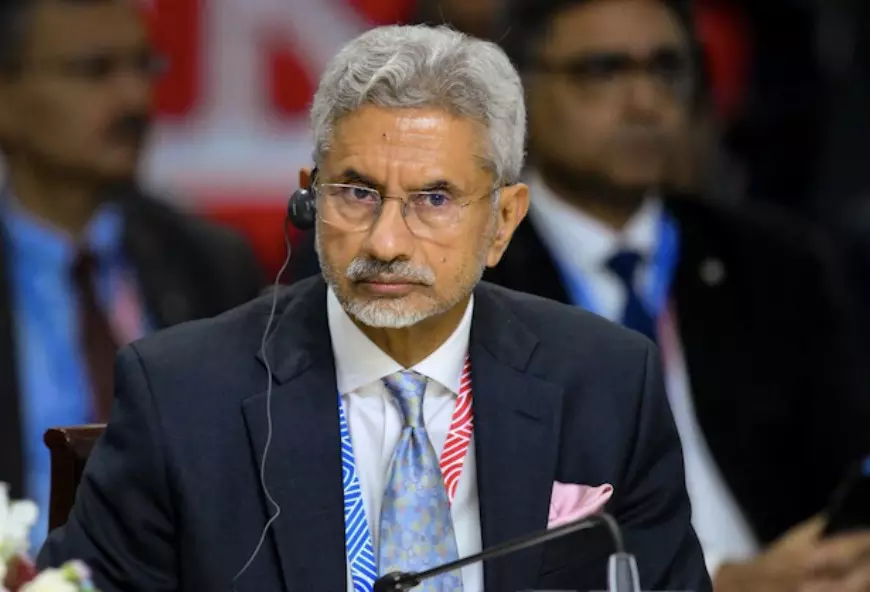Military worked under unimaginable conditions": S. Jaishankar on recent China Agreement
Military worked under unimaginable conditions": S. Jaishankar on recent China Agreement

Despite a new agreement with China over border patrolling, rebuilding trust between the two nations will take time, External Affairs Minister S. Jaishankar stated during a recent event at FLAME University in Pune. While acknowledging progress, Jaishankar emphasized that restoring a cooperative relationship would be challenging given the tension since 2020.
Speaking to students, Jaishankar credited India's military for standing firm and facilitating diplomatic efforts with China. "The breakthrough we achieved is largely due to our military’s resilience and our continued focus on infrastructure along the border," he noted. This focus has strengthened India’s presence in contested areas, allowing efficient deployment and positioning of the armed forces.
Jaishankar explained that the disengagement deal, specifically in Eastern Ladakh’s Depsang and Demchok areas, has been a priority. He highlighted the risks of close troop proximity, underscoring that disengagement is necessary to avoid escalation. Additional steps include de-escalation and a long-term boundary settlement.
The recent development followed a meeting between Prime Minister Narendra Modi and Chinese President Xi Jinping at the BRICS summit in Russia. Jaishankar explained, "On October 21, we agreed to resume patrolling in Depsang and Demchok to pre-2020 conditions. This move demonstrates that, with disengagement, a pathway exists for top-level dialogues to proceed."
When asked about the future of India-China relations, Jaishankar indicated it’s "too early" to predict outcomes, noting that restoring peace at the border will take time. "Trust needs rebuilding after four years of unrest. If we’ve reached this stage, it's due to our military's unwavering stand under harsh conditions and the diplomatic efforts that followed."
Jaishankar also highlighted the substantial increase in border infrastructure investment, stating, "We’ve multiplied resources fivefold compared to a decade ago, enabling our military’s effective deployment."
NDTV recently reported satellite images showing Chinese structures being removed from Depsang and Demchok, following the new agreement. The disengagement process is expected to be complete by October 29, marking a step forward in efforts to de-escalate tensions.
The India-China standoff began in May 2020, culminating in a deadly clash in the Galwan Valley, where 20 Indian soldiers lost their lives. Following months of negotiations, Indian and Chinese troops disengaged from the Gogra-Hot Springs area in 2022, returning to the positions held before April 2020.


